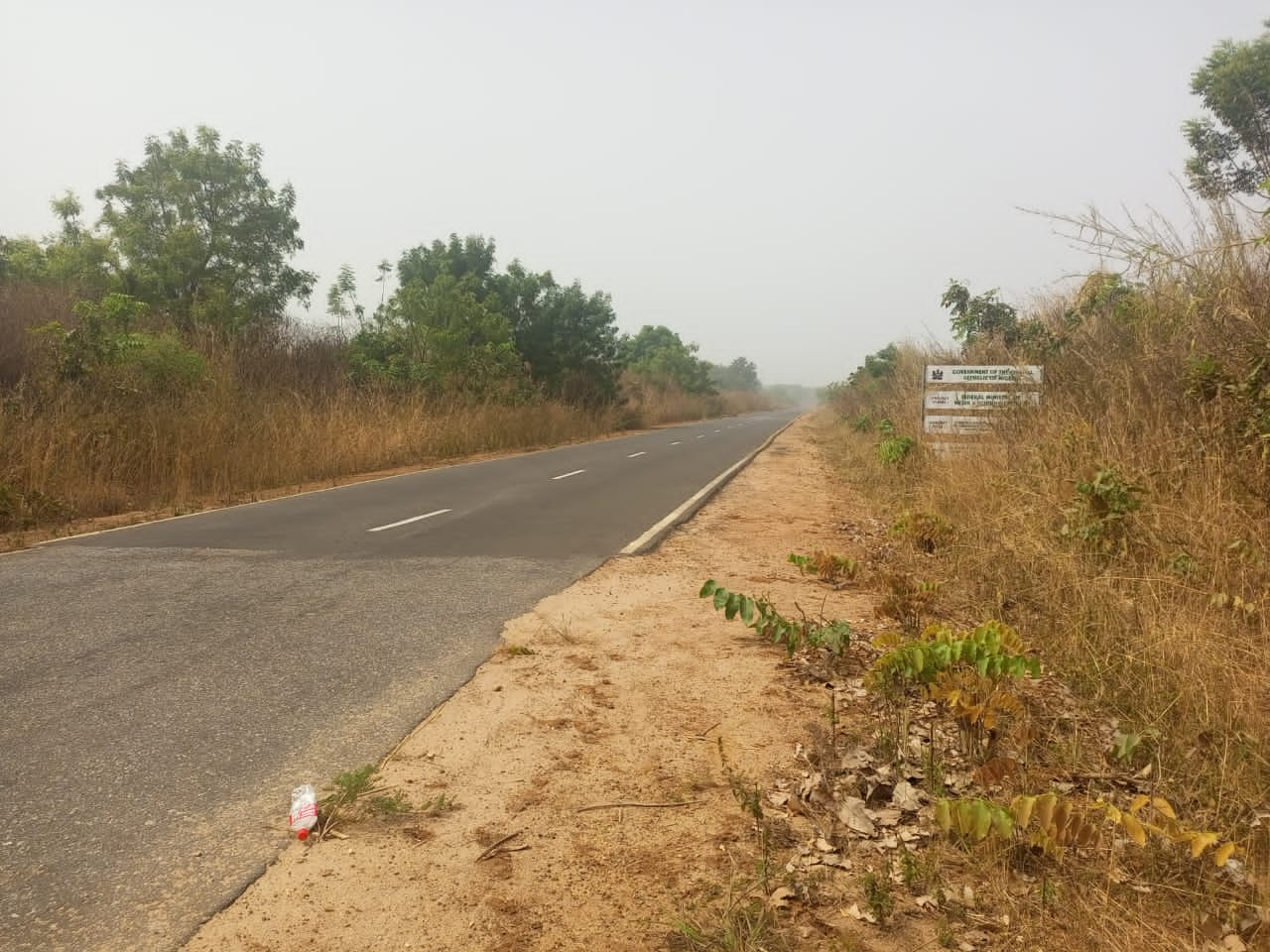Tuesday the 15 August, 2023, would remain memorable to me for several reasons. The first reason is that, it was the first time since moving from the Zonal Command to the National Headquarters that I was privileged to give a talk on road safety. Secondly, my audience was a unique one as it was an assembly of professional managers who by their ages as parents and managers of men and resources have a better grasp of the intrinsic value of human life.
Thirdly, it afforded me an opportunity to do what I love doing most; impacting responsible driving behavior tit bits towards promoting a safer environment. Lastly, it gave me a rare plank to breathe life to my write-up on ‘unforgiving road’, published over the weekend. To sum up my excitement, almost everyone who attended pledged a rebirth in their driving to promote safe driving behavior.
Today I have chosen to rehash the piece highlighting the ‘forgiven road’ concept again while contrasting the same against ‘unforgiving road’ for the benefit of those who missed the publication. I am doing this because the concept is at the core of a safe system approach. The underlying logic is that human errors are inevitable and should be addressed by design of all the variable safety elements.
Those who read through last week will recall that I examined the concept of a safe system approach which promotes the need for forgiving roads. Like I said earlier, the concept of forgiving road is central to the safe system approach which acknowledges human inadequacies and vulnerabilities. These vulnerabilities are compounded within our clime by arrogance, pride, and ego and the mentality of, ‘do you who I am’.
What the concept preaches is that humans should be cut some slack as they will commit all kinds of infractions ranging from excessive speeding to distracted driving among others. In the case of Nigeria, there are fifty-three listed traffic violations contained in the FRSC Notice of Offence Sheet. They include speed violation, use of phone while driving as well as seat belt/child safety belt violation just to mention a few.
This list is inexhaustible as it does not contain some other infractions contained in the National Road traffic Regulations. Yet the average road user, including men of piety, rarely keep up to the requirement for safe and responsible driving required to curb rising fatalities as well as various degrees of injuries.
To tackle human vulnerabilities, the concept therefore recommends that roads should be designed/ engineered to tolerate human inadequacies and vulnerabilities. The logic is that errors are inevitable and should be accommodated through road design. What this implies is that the road should be designed to allow room for remedying errors.
The road design therefore should seek to limit the severity of a crash to ensure that fatalities and injuries are avoided irrespective of the causative factors. This no doubt is meant to tackle our peculiar road traffic crash trend where there are contending issues with all the variables of road safety such as the vehicle, environment and the human factors..
Forgiving roads include road design, vehicle design as well as personal protection devices. It also includes speed management since speed remains the number one killer. Speed management is therefore a vital part of a safe system. It therefore prioritizes speed regulation to levels proportionate with the environment.
To reduce deaths and injuries, the human body tolerance to impact forces is used as a guiding tool. This explains why speed is regulated and also why speed in built-up areas has recently been reduced to 30km/ph. However, speed limit setting as an effective speed management measure must be must be complemented by other interventions some of which I have already highlighted.
Others include road infrastructure design which aligns with the desired travel speed. When this is done, ‘the road becomes self-explaining, thus enabling a driver to innately regulate speed based on the look and feel of the road. Critical to speed management is traffic calming measures.
Meanwhile, the listed interventions must be backed by effective speed enforcement which is not as robust as it should be in our clime. I am most certain that most readers will endorse every other intervention aside from the one on effective enforcement for which our operatives get berated for doing their or being a bit callous and inconsiderate in the line of duty. In the case of prevention of fire or explosion, the design of quick response and evacuation are critical components for road safety.
Having taken you through the snippets of this vital lifesaving concept, let me now remind you of the unforgiving roads that you ply daily. It was during my training that I was taught that the road we travel daily no matter the clime is extremely patient but never forgiving.
It is the unforgiving nature of the road that drove the idea behind the safe system approach. The unforgiving road does not recognise human vulnerabilities and does not provide any infrastructural, or vehicle design to rectify errors and reduce fatalities.
The unforgiving road, shows no mercy; the human factor is considered as a major causative factor responsible for road traffic crashes. The vehicle as well as the environment play vital roles too .What this means is that no matter your rascality behind the wheels, if caution is not applied, the same road will someday end your dreams and aspirations.
There is the need for unsafe vehicles to be maintained while excessive speed should be done away with. Road users should beware of the inherent dangers of indulging in traffic infractions.This is why road users should consciously internalize the lessons credited to our own Nobel laureate,Prof Wole Soyinka.
Although I never had the privilege of working with him, Prof is credited with this saying.I am compelled to borrow Prof’s reminders for the benefit of motorists who will often blame the state of the road than their driving as the ember months snails midway.
Rather than berating government with respect to upgrading some roads which is currently being done, they should note the advice of our saviour Jesus Christ who thought us to first take away the log in our eyes before focusing on the speck in our brothers eyes.Road users should shun risky and suicidal driving behaviours such as excessive speeding, use of mobile phone among others as well as the ones who indulge in driving under the influence. These infractions kill. Not the bad road and not the bad vehicle.
We’ve got the edge. Get real-time reports, breaking scoops, and exclusive angles delivered straight to your phone. Don’t settle for stale news. Join LEADERSHIP NEWS on WhatsApp for 24/7 updates →
Join Our WhatsApp Channel










